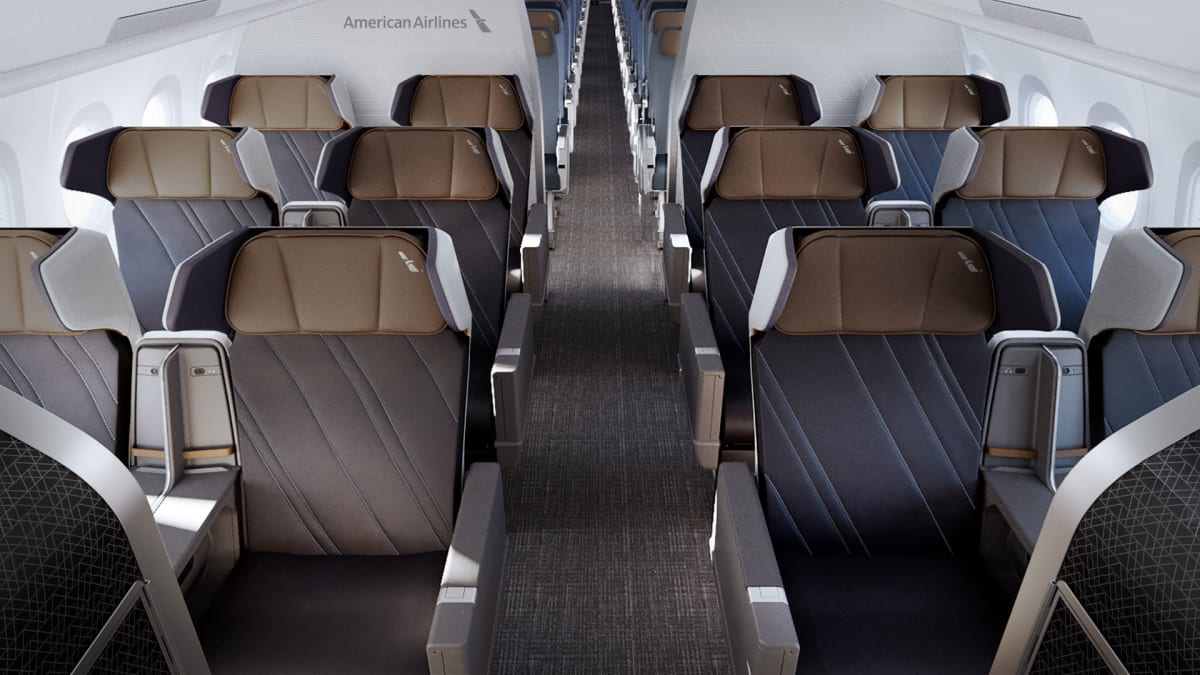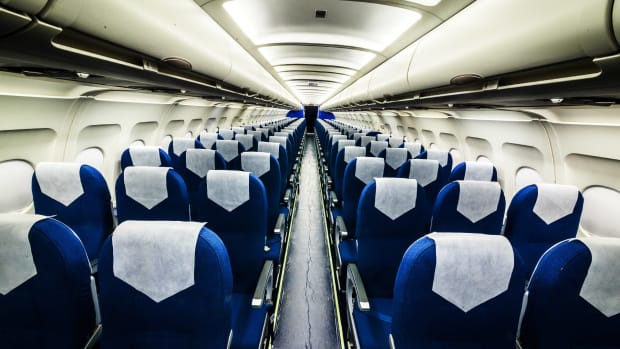
The aviation industry certainly has a lot on its plate right now.
The industry is dealing with the rising cost of labor and fuel, and its also struggling to hire and train a new generation of pilots, to replace the workers who opted for early retirement during the pandemic. Thanks to unresloved-pandemic induced mental stress, disruptive behavior is much more common on airlines, and many executives still fear that a recession may be on the way, or at least a lessening of the sky high-demand airlines have been experiencing since 2021.
Don’t Miss: What To Know About Air Purifiers, HEPA And Keeping Your Home Safe
But the biggest problem that airlines currently face is the unavoidable truth that it’s hard to operate an airline if you don’t have enough planes. And at the moment, it seems like no one has enough planes.
At the recent IATA (International Air Transport Association) Annual General Meeting in Istanbul, executives warned that the ongoing delivery delays for aircraft and aircraft parts from Boeing (BA) and Airbus (EADSF) do not seem to be letting up any time soon.
"Suppliers have been far too slow in dealing with supply chain blockages that are both raising costs and limiting our ability to deploy aircraft," IATA director general Willie Walsh said during his state of the industry address. "Airlines are beyond frustrated. A solution must be found."

Shutterstock
Lack of Airplanes Impedes Ability to Grow
The IATA projected airlines will collectively make a profit for the first time this year since the pandemic, a projected $9.8 billion. Part of this is that due to a lack of airplanes and high demand, ticket prices are rising. But in the long term, a lack of supply impedes airlines’ ability to grow and expand in the coming years, and the lack of available replacement parts means that airlines are much more vulnerable to delays.
In addition to the supply chain issues that have become common post-pandemic, a big reason that Boeing and Airbus are having trouble delivering enough planes to airlines such as Delta (DAL) and United is that the ongoing invasion of Ukraine is making it difficult to acquire titanium, a key component of plane manufacturing from Russia, owing to sanctions and boycotts.
As a result, Airbus is targeting 720 deliveries this year; it delivered 863 in 2019. In the first quarter of this year, Airbus delivered just 127 planes, and Boeing delivered 124 aircraft. United has said it expects the 56 narrowbodies that were supposed to arrive this year to instead arrive next year, and for the 40 single-aisle deliveries scheduled for 2024 to instead arrive in 2025.







